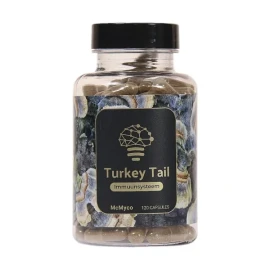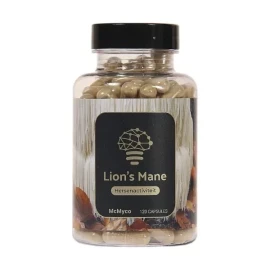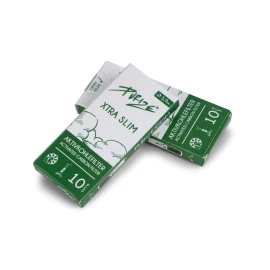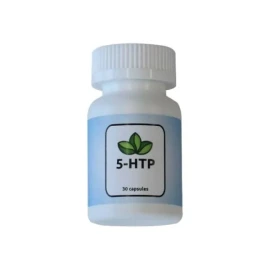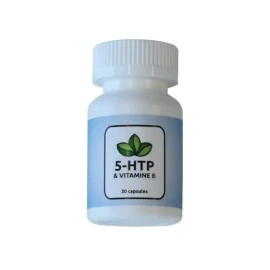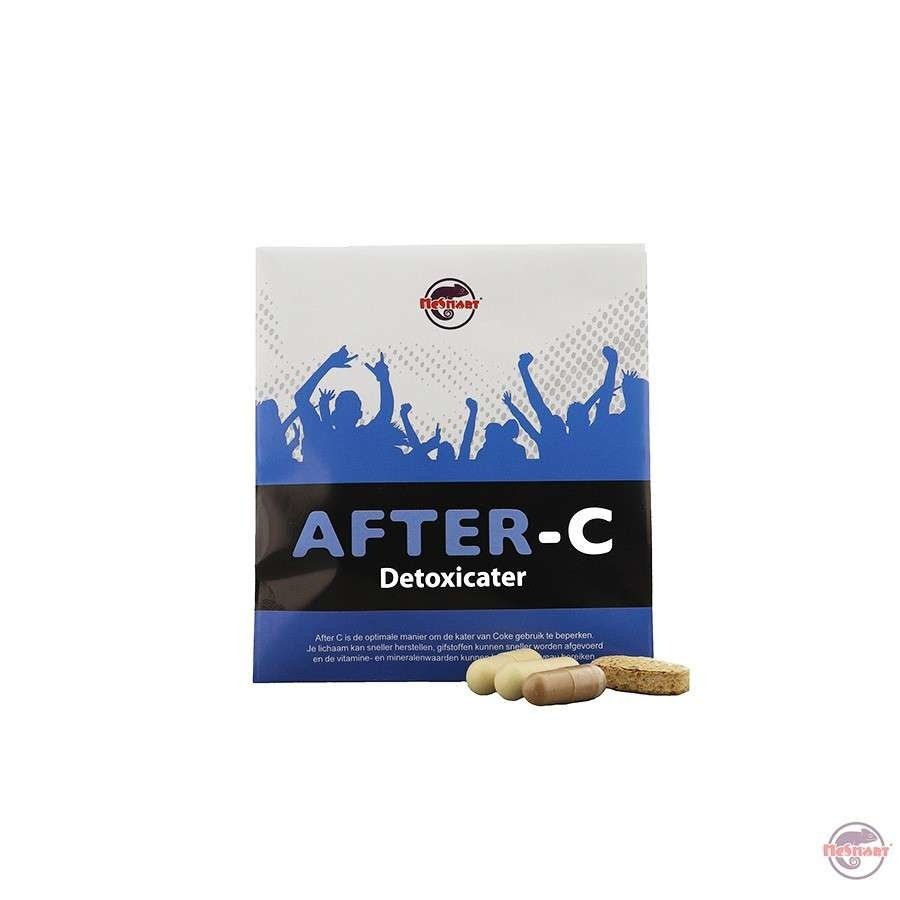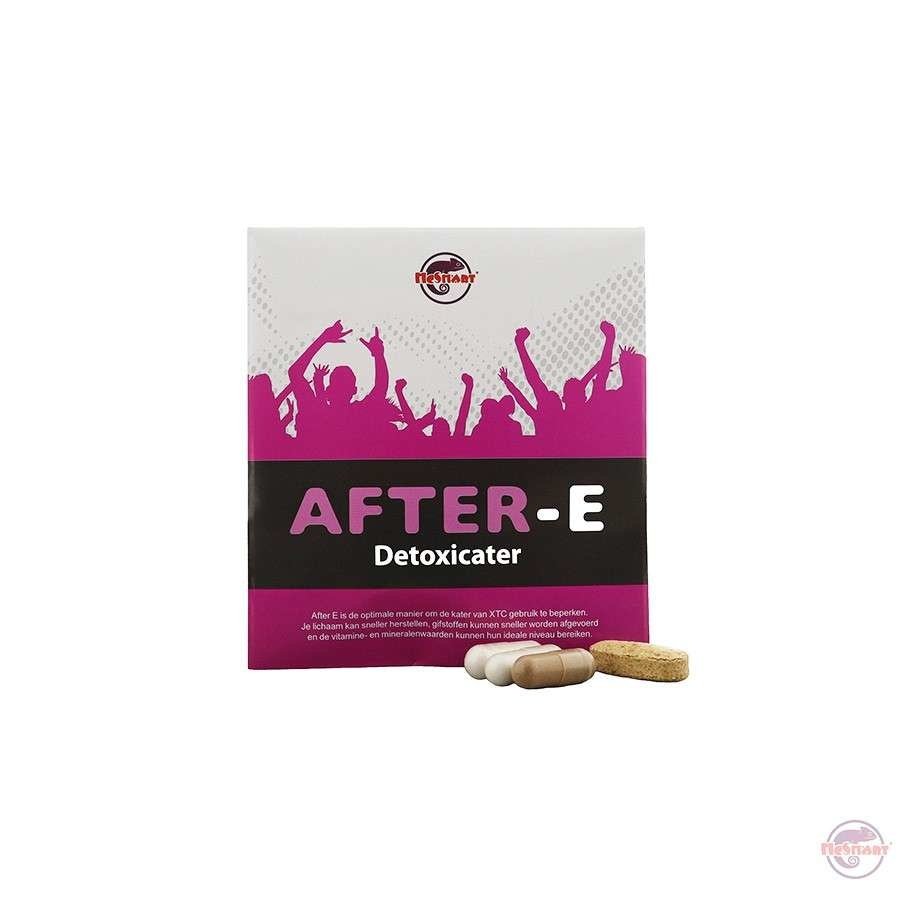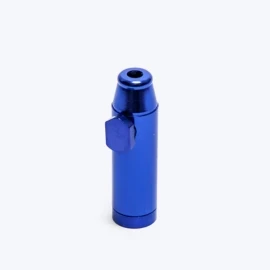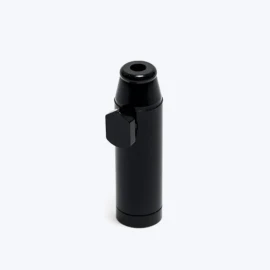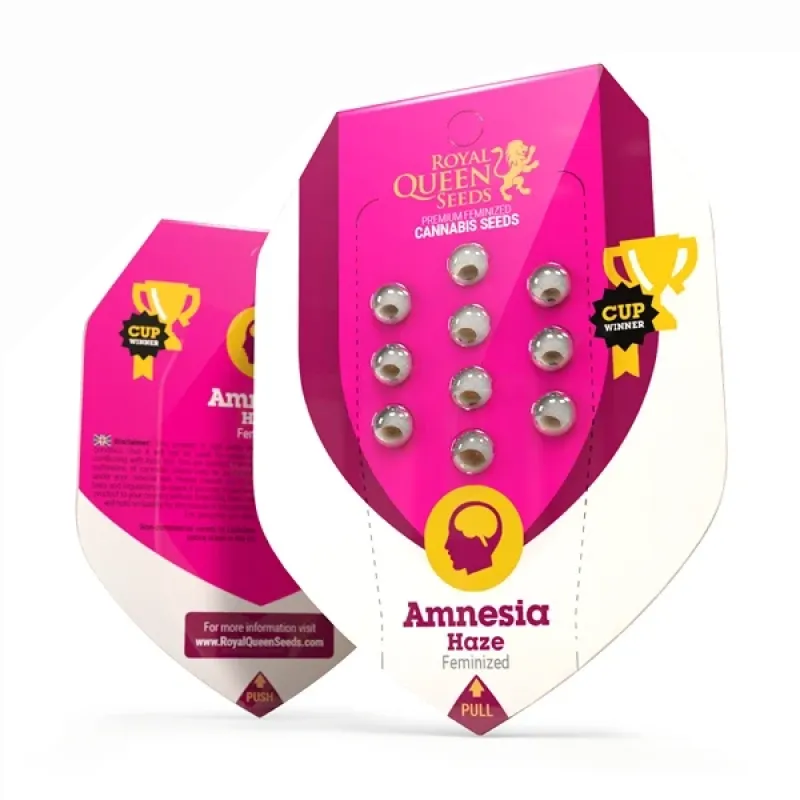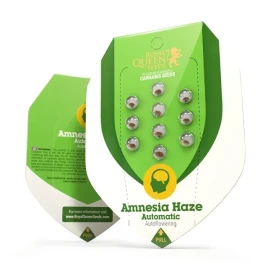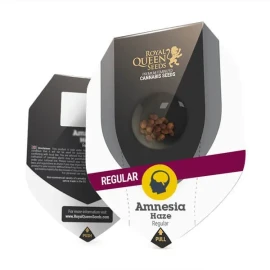Lions Mane capsules
35,00 €
Lion’s Mane (Hericium erinaceus) is a distinctive mushroom known for its cascading white spines and traditional use in Asian cultures for cognitive and neurological support. These capsules contain 400 mg of concentrated Lion’s Mane extract per serving, with 120 capsules per bottle. Each capsule is standardized to approximately 30% beta-glucans and polysaccharides, enhanced with vitamin C and zinc for additional immune support. This comprehensive guide educates buyers on the current research, provides guidance for safe use, and offers essential criteria for selecting high-quality Lion’s Mane products.
Quick Facts
Serving size: 400 mg per capsule
Bottle size: 120 capsules
Typical daily use: 1–2 capsules with meals
Key actives: Beta-glucans (≈30% polysaccharides), vitamin C, zinc
Typical buyer profile: Adults 35+, seeking cognitive and mental health support
Evidence summary: Promising but preliminary human research; more large-scale trials needed for definitive conclusions
Key Benefits — What the Science Says
The research on Lion’s Mane spans from laboratory studies to small human trials. Understanding the difference between animal studies, in vitro research, and human clinical trials is crucial for setting realistic expectations.
Cognitive Health & Memory
Small randomized controlled trials have demonstrated promising results for mild cognitive improvement. A 2023 study involving adults with subjective cognitive decline showed measurable improvements in cognitive testing scores after 12 weeks of Lion’s Mane supplementation. Participants reported enhanced focus, better word recall, and improved mental clarity. However, these studies typically involve 30-80 participants, making the evidence preliminary but encouraging.
Evidence level: Preliminary to Moderate (limited by small sample sizes)
Nerve Growth & Neuroprotection
Lion’s Mane contains unique compounds called hericenones and erinacines, which laboratory studies suggest may stimulate nerve growth factor (NGF) pathways. These bioactive compounds have shown potential in promoting neuronal health and supporting the regeneration of nerve tissue in animal models. The mechanism involves supporting the production of proteins essential for neuron survival and growth.
Evidence level: Promising in preclinical models; limited human confirmation
Mood, Anxiety & Stress Support
Several small clinical and observational studies indicate potential benefits for mood regulation. Participants in these studies reported reductions in mild anxiety symptoms and improved emotional well-being after 4-8 weeks of consistent use. The mood-supporting effects may relate to Lion’s Mane’s influence on neurotransmitter pathways and its potential anti-inflammatory properties in the nervous system.
Evidence level: Preliminary
Immune Modulation
The polysaccharides and beta-glucans in Lion’s Mane have demonstrated immune-modulating effects in laboratory and animal studies. These compounds may help balance immune system responses, supporting both immune activation when needed and preventing excessive inflammatory responses. Human clinical data on immune effects remains limited but suggests potential for general immune system support.
Evidence level: Preliminary
Other Proposed Benefits
Emerging research suggests potential benefits for gut health and general wellbeing, though these effects are not yet strongly proven in human studies. Some users report improved energy levels and better sleep quality, though these effects vary significantly between individuals and may depend on product quality and individual biochemistry.
Important Note: Individual responses vary considerably based on factors including product potency, baseline health status, lifestyle factors, and genetic variations in metabolism.
Product Composition & What Those Numbers Mean
400 mg Per Capsule
This dosage provides a convenient middle-ground for most users, allowing for flexible dosing between 400-800 mg daily depending on individual needs and tolerance. The 400 mg serving size balances cost-effectiveness with therapeutic potential, making it accessible for both newcomers and experienced users.
120-Capsule Bottles
A 120-capsule bottle provides a 60 to 120-day supply depending on dosing frequency. This size allows users to evaluate the product’s effects over an adequate timeframe, as benefits often develop gradually over 4-12 weeks of consistent use.
30% Beta-Glucans/Polysaccharides
The standardization to 30% polysaccharides indicates that nearly one-third of the extract consists of active compounds. This concentration is significantly higher than raw mushroom powder, which typically contains 3-7% polysaccharides. The percentage matters because these polysaccharides are considered the primary bioactive components responsible for Lion’s Mane’s effects.
Added Vitamin C and Zinc
These additions provide synergistic immune support and may enhance the bioavailability of the mushroom compounds. Vitamin C supports immune function and acts as an antioxidant, while zinc plays crucial roles in immune system regulation and cognitive function. The specific amounts should be clearly listed on the product label.
Understanding Extract Descriptions
Fruiting Body vs. Mycelium: Fruiting body extracts are often preferred because they contain higher concentrations of the desired polysaccharides and bioactive compounds. Mycelium products may contain more filler material from the growing substrate.
Extract Ratios: Terms like “8:1 extract” indicate concentration levels, but the actual percentage of polysaccharides and beta-glucans, verified by Certificate of Analysis (COA), provides more meaningful quality information.
Full Spectrum Claims: This term should indicate the presence of multiple bioactive compounds, but without specific percentages and third-party testing, such claims can be misleading.
How to Use Lion’s Mane Capsules — Practical Dosing & Timing
Typical Dosing Guidelines
Start with 1 capsule daily, taken with meals to minimize potential digestive upset. After 7-14 days of tolerance assessment, dosing can be increased to 2 capsules daily if desired effects are not achieved.
Purpose-Based Dosing Scenarios
General Wellness/Immune Support: 1 capsule daily with breakfast provides baseline support for immune function and general cognitive maintenance.
Cognitive Enhancement/Focus: 1-2 capsules daily, preferably in the morning. Some users find that taking Lion’s Mane later in the day may interfere with sleep, though this varies by individual.
Older Adult/Neurological Support: Consistent daily dosing under healthcare provider guidance may be most beneficial. Start with 1 capsule daily and monitor response before increasing.
Timeline for Effects
Short-term (Days to 2 weeks): Some users report subtle changes in mood, energy levels, or mental clarity. These early effects are highly individual and may represent placebo responses in some cases.
Medium-term (4-12 weeks): More noticeable cognitive improvements typically emerge during this period. Clinical studies often measure benefits at the 8-12 week mark, suggesting this timeframe for meaningful evaluation.
Long-term (3+ months): Potential cumulative benefits may develop with consistent use. Regular reassessment of benefits and side effects is recommended.
Stacking and Interactions
Common supplement combinations include caffeine and L-theanine for focus, B vitamins for energy metabolism, and omega-3 fatty acids for brain health. However, robust interaction data is lacking, making it advisable to introduce one new supplement at a time and start with lower doses when combining products.
Safety, Side Effects & Who Should Avoid It
Common Mild Side Effects
Most users tolerate Lion’s Mane well, but some may experience:
Digestive upset: Bloating, nausea, or stomach discomfort, particularly when taken on an empty stomach. Taking capsules with meals typically minimizes these effects.
Skin reactions: Rare cases of rash or itching may indicate allergic sensitivity. Discontinue use if skin reactions occur.
Headache or dizziness: Occasionally reported, particularly during the first week of use. These symptoms often resolve with continued use or dose reduction.
Potential Interaction Concerns
Immunomodulatory effects: Lion’s Mane may influence immune system activity. Individuals taking immunosuppressive medications or those with autoimmune conditions should consult healthcare providers before use.
Bleeding risk: Theoretical concerns exist regarding interactions with anticoagulant medications, though clinical data is limited. Medical consultation is recommended for those on blood-thinning medications.
Pregnancy and breastfeeding: Insufficient safety data exists for pregnant or nursing women. Avoid use unless specifically directed by a healthcare provider.
Children: Pediatric safety data is lacking. Consult a pediatrician before giving Lion’s Mane to children.
Safety Best Practices
- Review current medications and health conditions with a clinician before starting
- Begin with the lowest effective dose and monitor for adverse reactions
- Maintain consistent timing and dosing for 7-14 days before making adjustments
- Seek immediate medical attention for severe allergic reactions
- Keep a supplement diary to track effects and side effects
Data Limitations
While serious adverse events appear rare in available literature, comprehensive post-market surveillance data is limited. Most safety information comes from small clinical trials and voluntary reporting systems.
How to Choose High-Quality Lion’s Mane Capsules — A Practical Buying Guide
Label and Ingredient Checklist
Botanical identification: Look for the scientific name “Hericium erinaceus” to ensure species authenticity.
Clear dosing information: Serving size should be clearly stated (400 mg per capsule in this case) with the number of capsules per serving.
Source transparency: Labels should specify whether the extract comes from fruiting bodies or mycelium, and ideally indicate the cultivation region.
Active compound percentages: Look for standardization information, such as “30% polysaccharides” or “beta-glucans content.”
Excipient disclosure: All inactive ingredients, fillers, and capsule materials should be listed.
Additional nutrients: If vitamin C and zinc are included, their amounts per serving should be specified.
Quality Credentials and Verification
Third-party testing: Reputable manufacturers provide Certificates of Analysis (COAs) showing testing for heavy metals (lead, mercury, cadmium, arsenic), pesticide residues, microbial contamination, and potency verification.
Certifications: Look for relevant certifications such as organic, Good Manufacturing Practices (GMP), NSF International, or USP verification where applicable.
Batch traceability: Quality products include batch numbers and harvest dates, allowing for supply chain transparency and quality tracking.
Manufacturing standards: Products should be manufactured in FDA-registered facilities following current Good Manufacturing Practices.
Red Flags to Avoid
Vague proprietary blends: Avoid products that don’t specify individual ingredient amounts within blends.
Missing COA availability: Reputable manufacturers make Certificates of Analysis available upon request or through their websites.
Unrealistic health claims: Be skeptical of products claiming to cure diseases or guarantee specific outcomes.
Suspiciously low prices: Extremely inexpensive products may indicate poor quality, adulterated ingredients, or inadequate extraction processes.
Evaluating Price vs. Value
Consider cost-per-serving in relation to extract potency and quality verification. A higher-priced product with 30% polysaccharides and comprehensive testing may provide better value than a cheaper alternative with unknown potency and no quality verification.
Capsule vs. Powder vs. Tincture — Which Form Is Right For You?
Capsules
Advantages: Convenient for travel and daily routine, precise dosing, no taste considerations, longer shelf stability, and protection from light and air.
Disadvantages: Fixed dosing increments, typically higher cost per milligram, and slower dissolution compared to liquid forms.
Powders
Advantages: Flexible dosing, generally more cost-effective for high-volume users, can be mixed into foods or beverages, and faster dissolution.
Disadvantages: Strong earthy taste, requires measuring equipment, potential for dosing inconsistency, and greater exposure to environmental degradation.
Tinctures and Liquid Extracts
Advantages: Rapid absorption, sublingual dosing options, flexible dosing, and easier swallowing for those with difficulty taking capsules.
Disadvantages: Alcohol-based extracts may not capture water-soluble polysaccharides effectively, variable potency claims, shorter shelf life once opened, and taste considerations.
Selection by Use Case
Frequent travelers or busy professionals: Capsules offer maximum convenience and consistency.
Smoothie and beverage enthusiasts: Powder forms integrate well into daily nutrition routines.
Those seeking rapid onset: Tinctures may provide faster bioavailability, though onset differences are generally subtle with Lion’s Mane.
Timeline & User Expectations — Realistic Results
Typical Response Timeline
Week 1-2: Approximately 20-30% of users report subtle changes in energy levels, mood, or mental clarity. These early responses may include increased motivation, slightly improved focus, or better stress tolerance.
Weeks 4-8: Clinical studies suggest this period yields the most measurable cognitive improvements. Users may notice enhanced memory recall, improved concentration during complex tasks, and better mental endurance.
Week 12 and beyond: Sustained benefits typically become more apparent, with some users reporting cumulative improvements in overall cognitive function and emotional resilience.
Factors Affecting Individual Response
Product quality: Extract potency, purity, and bioavailability significantly influence outcomes.
Baseline health status: Individuals with mild cognitive concerns may notice more pronounced benefits than those with optimal baseline function.
Lifestyle factors: Diet, exercise, sleep quality, and stress levels affect how well the body responds to supplementation.
Genetic variations: Individual differences in metabolism and neurotransmitter function influence response patterns.
Concurrent medications: Some medications may enhance or inhibit Lion’s Mane’s effects.
When to Reassess or Discontinue
Lack of benefit after 12 weeks: Consider dose adjustment, product switching to a higher-quality alternative, or consultation with a healthcare provider about underlying factors.
Persistent side effects: Discontinue use and consult a healthcare provider if adverse effects don’t resolve within the first two weeks.
Changing health status: Reassess appropriateness if new medical conditions develop or new medications are prescribed.
Evidence Grading & Important Studies
Evidence Quality Assessment
Grade A (Strong): Multiple large, well-designed randomized controlled trials with consistent results
Grade B (Moderate): Several small trials or observational studies with generally consistent findings
Grade C (Preliminary): Limited human data, primarily animal studies or small pilot trials
Grade D (Insufficient): Inadequate or conflicting evidence
Key Human Studies
Current Lion’s Mane research primarily falls into Grade C (Preliminary) to Grade B (Moderate) categories. Small randomized controlled trials involving 30-80 participants have shown promising results for cognitive function, mood regulation, and mild cognitive improvement. However, these studies typically involve short durations (8-16 weeks) and homogeneous populations, limiting generalizability.
Research Limitations
Most existing human studies involve relatively small sample sizes, short treatment durations, and limited demographic diversity. Larger, longer-term studies are needed to establish definitive efficacy and safety profiles. Additionally, standardization of extract preparations varies between studies, making direct comparisons challenging.
Market Trends & Consumer Insights
Market Growth and Demographics
The global Lion’s Mane supplement market has experienced significant growth, with estimates ranging from $350 million to $1.8 billion in 2024, depending on market definition and geographic scope. Annual growth rates of 11-15% reflect increasing consumer interest in cognitive health and natural wellness solutions.
Primary consumers are adults aged 35 and older, with particularly strong demand among professionals seeking cognitive enhancement and older adults interested in neuroprotective strategies. Geographic demand is highest in North America, Europe, and Asia-Pacific regions.
Quality and Transparency Trends
Consumer preferences increasingly favor organic certifications, fruiting body extracts over mycelium products, and transparent third-party testing. Demand for Certificates of Analysis and batch-specific quality data has grown substantially, reflecting increased consumer sophistication about supplement quality.
Retail Landscape Evolution
The supplement market has seen a shift toward educational content and quality transparency, with successful brands emphasizing scientific backing, manufacturing standards, and clear labeling practices. Consumer reviews increasingly focus on product authenticity and verified quality rather than price alone.
How to Read a Label — Practical Walkthrough
Step-by-Step Label Analysis
- Verify botanical name: Look for “Hericium erinaceus” to confirm species authenticity
- Check serving size: Identify capsule content (400 mg) and servings per container
- Assess active concentration: Find polysaccharide or beta-glucan percentages (target ≥20-30%)
- Review additional ingredients: Note vitamin C and zinc amounts, plus any fillers or excipients
- Find quality indicators: Look for third-party testing seals, organic certifications, or GMP statements
- Locate batch information: Identify batch numbers and expiration dates for traceability
Quality Template Language
High-quality labels typically include language such as: “This bottle contains 400 mg Lion’s Mane extract (Hericium erinaceus) from organic fruiting bodies, standardized to 30% beta-glucans. Third-party tested for purity and potency. See batch-specific Certificate of Analysis at [website/QR code].”
Scenario-Based Guidance
Scenario 1: Working Professional (Age 38) Seeking Focus Enhancement
Recommended approach: Start with 1 capsule (400 mg) each morning with breakfast. Monitor focus and productivity for 2 weeks before considering dose increase. Consider stacking with omega-3 supplements and maintaining consistent sleep schedule.
Product considerations: Look for fruiting body extracts with ≥25% polysaccharides and third-party testing for heavy metals and pesticides.
Timeline expectations: Subtle improvements in 1-2 weeks, with more noticeable focus enhancement at 4-8 weeks.
Scenario 2: Older Adult (Age 60) With Mild Cognitive Concerns
Recommended approach: Consult healthcare provider before starting. Begin with 1 capsule daily, taken consistently at the same time with meals. Maintain supplement diary to track any changes.
Medical considerations: Discuss current medications, particularly blood thinners or immune-modulating drugs. Consider baseline cognitive assessment.
Evidence expectations: Recognize that research shows modest improvements in mild cognitive measures, not dramatic cognitive restoration.
Scenario 3: Immune Support During Cold Season
Recommended approach: Use 1 capsule daily, focusing on the vitamin C and zinc content in addition to polysaccharide immune support. Combine with standard immune practices like adequate sleep and nutrition.
Timing considerations: Begin supplementation before cold season rather than waiting for illness onset.
Realistic expectations: Support for general immune function rather than specific illness prevention or treatment.
Frequently Asked Questions
Can I take Lion’s Mane every day?
Yes, daily use is typical for most healthy adults. Start with 1 capsule daily and assess tolerance over 7-14 days. Individuals with chronic health conditions or those taking medications should consult healthcare providers before beginning daily supplementation.
How long before I notice effects?
Response timing varies significantly between individuals. Some report subtle mood or energy changes within days, while measurable cognitive improvements typically develop over 4-12 weeks of consistent use. Clinical studies generally evaluate benefits at 8-12 week intervals.
Will Lion’s Mane make me sleepy?
Lion’s Mane typically doesn’t cause drowsiness during daytime use. Some users report improved sleep quality over time, while others find that taking it too close to bedtime may interfere with sleep. Morning or early afternoon dosing is generally recommended.
Is 400 mg enough for noticeable effects?
The effectiveness of 400 mg depends heavily on extract concentration. A 400 mg serving of 30% beta-glucan extract provides approximately 120 mg of active compounds, which aligns with dosages used in clinical studies. This is significantly more potent than 400 mg of raw mushroom powder.
Can I combine Lion’s Mane with prescription medications?
Medical consultation is essential before combining Lion’s Mane with prescription medications, particularly immunosuppressants, anticoagulants, or diabetes medications. Lion’s Mane’s immunomodulatory properties may theoretically interact with various drug classes.
How can I verify a product’s lab testing?
Request the Certificate of Analysis (COA) for your specific batch number. Reputable manufacturers provide COAs showing testing for heavy metals, pesticides, microbial contamination, and active compound verification. The COA should include the name of the third-party testing laboratory and specific test results with acceptable limits.
What’s the difference between fruiting body and mycelium extracts?
Fruiting body extracts typically contain higher concentrations of the desired polysaccharides and bioactive compounds. Mycelium extracts may include more growing substrate and generally have lower active compound percentages. Look for products that specify “fruiting body” and provide polysaccharide percentages.
How should I store Lion’s Mane capsules?
Store in a cool, dry place away from direct sunlight. Keep the container tightly sealed and check expiration dates regularly. Properly stored capsules typically maintain potency for 2-3 years from manufacture date.
Can Lion’s Mane help with sleep?
While not primarily a sleep supplement, some users report improved sleep quality over time, possibly related to stress reduction and nervous system support. However, timing matters—some individuals find evening doses stimulating rather than relaxing.
What should I do if I experience side effects?
Mild digestive upset often resolves by taking capsules with food or reducing the dose temporarily. Skin reactions, persistent headaches, or unusual symptoms warrant discontinuation and medical consultation. Severe allergic reactions require immediate medical attention.
This comprehensive guide provides the foundation for making informed decisions about Lion’s Mane capsule supplementation, emphasizing the importance of quality products, realistic expectations, and appropriate medical consultation when needed.
Related Products
Frequently Asked Questions
Everything You Need to Know

